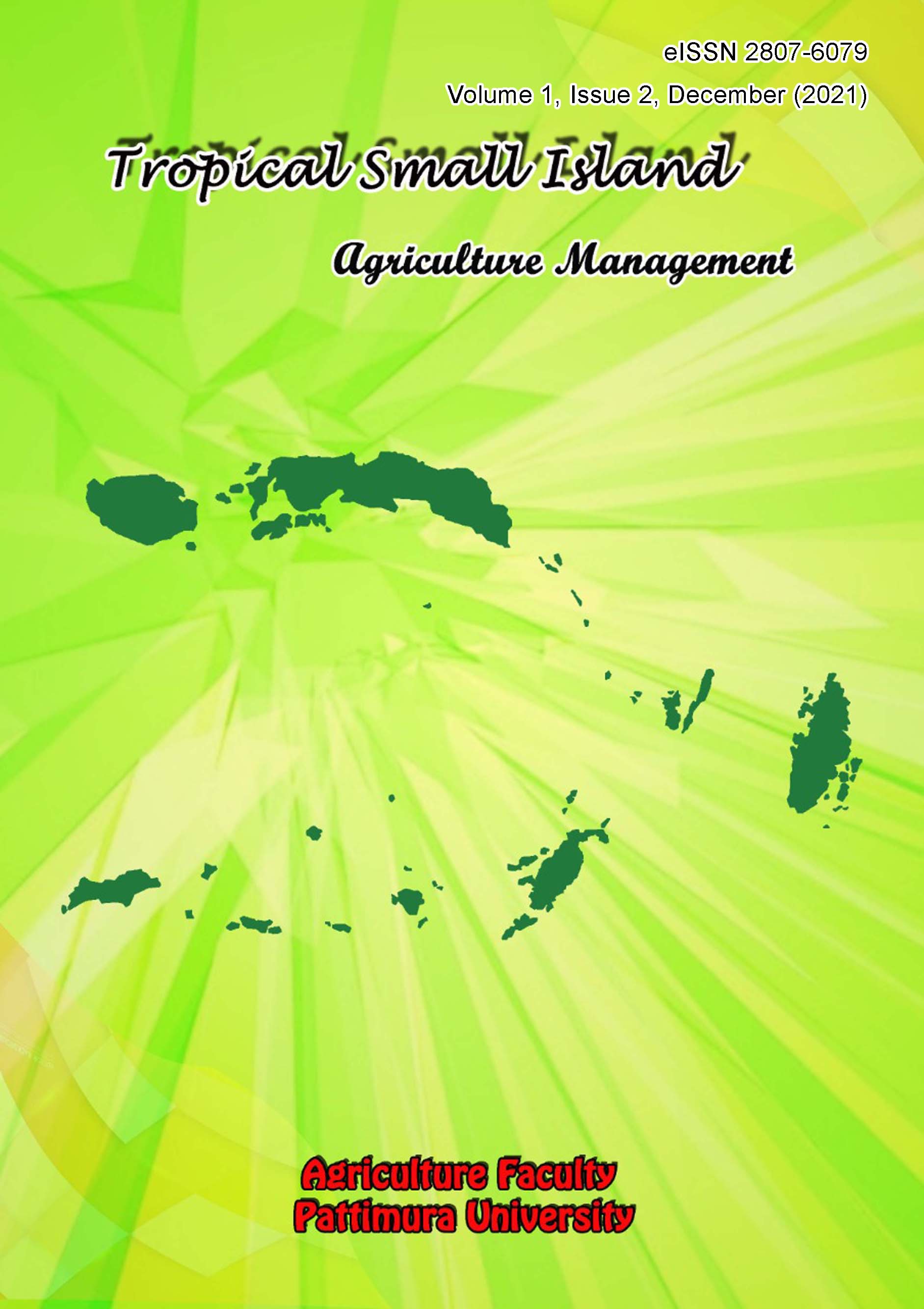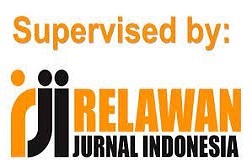Test The Antibacterial Effectiveness of Ginger Juice (Zingiber officinale Rosc. Var Rubrum) Against Food Pathogen Bacteria
Abstract
The use of very dangerous chemicals for food reservations is still happening in Indonesia. To overcome this problem, it is necessary to have public awareness of the importance of food safety and health, causing the use of synthetic preservatives to be avoided and switching to natural preservatives, one of which is ginger (Zingiber officinale Rosc. Var Rubrum). Ginger contains gingerols which have activities such as antioxidant, antibacterial, anti-inflammatory, anticarcinogenic, antimutagenic, and antitumor. The content of secondary metabolites contained in ginger rhizome plants is an antimicrobial group of phenols, flavonoids, terpenoids, and essential oils contained in the ginger extract and is a group of bioactive compounds that can inhibit microbial growth. The purpose of the study was to determine the antibacterial effectiveness of ginger juice (Zingiber officinale Rosc. Var Rubrum) against food pathogenic bacteria. The results obtained were that at a concentration of 25% it could not inhibit Salmonella Typhimurium and Staphylococcus aureus bacteria, while at concentrations of 50%, 75%, and 100% it could inhibit Salmonella Typhimurium and Staphylococcus aureus bacteria with inhibition zone criteria from moderate to very strong. The greater the concentration of ginger juice given, the greater the inhibition zone obtained.
Downloads
References
Aprisiansi. M.R. (2017). Pengaruh Ekstrak Serbuk Kayu Siwak (Salvadora persica) Terhadap Pertumbuhan Bakteri Streptococcus mutans dan Staphylococcus aureus Dengan Metode Difusi Agar. Laporan Hasil Penelitian Program Studi Biologi. Fakultas MIPA Teknologi Sepuluh Nopember.
Arifin, B., & Ibrahim S. (2018). Struktur, bioaktivitas dan antioksidan flavonoid. Jurnal Zarah, 6(1), 21-29.
Badan Pusat Statistik. 2020. Produksi Tanaman Obat-Obatan Indonesia. Jakarta.
Davis, W.W. & T.R. Stout. (1971). Disc plate methods of microbiological antibiotic assay. Microbiology, 22, 659-665.
Ekananda, Dwyana, Z., Tambaru, E. & Rante, H. (2015). Uji Aktivitas Ekstrak Daun Jambu Biji Psidium guajava L . Dalam Sediaan Gel Handsanitizer Terhadap Bakteri Escherichia coli dan Staphylococcus aureus. Jurusan Biologi, FMIPA, Universitas Hasanuddin.
Fakhrudin, Muh. I., Anam, C., Andriani, M.A.M. (2015). Characteristics of ginger oleoresin based on powder size and submerging duration in ethanol. Jurnal Biofarmasi, 13(1), 25-33.
Permatasari, D. (2010). Penambahan Ekstrak Jahe (Zingiber officinale Rosc.) dalam Pembuatan Susu Kedelai Bubuk Instan Dengan Metode Spray Drying : Komposisi Kimia, Sifat Sensoris dan Aktivitas Antioksidan. Skripsi. Universitas Sebelas Maret. Jawa Tengah.
Poeloengan, M., Chairul, Iyep K, Siti S. & Susan M.N. (2006). Aktivitas Antimikroba Dan Fitokimia Dari Beberapa Tanaman Obat. Seminar Nasional Teknologi Peternakan dan Veteriner.
Purbaya, S, Aisyah L.S., Jasmansyah, & Arianti W.E. (2018). Aktivitas antibakteri ekstrak etil asetat jahe merah (Zingiber officinale Roscoe var. Sunti) terhadap bakteri Staphylococcus aureus dan Escherichia coli. Jurnal Kartika Kimia, 1(1), 29-34.
Pangan. 2014. Potensi ekstrak tumbuhan sebagai pengawet produk pangan. Jurnal Media Ilmiah Teknologi Pangan, 1(1), 81–95.
Sugiarti, R., Pujiasmanto, B., & Marwati, S. (2021). Pengembang Wisata Sehat Berbasis Biofarmaka. Pencetakan dan Penerbit UNS Press. Jawa Tengah. Indonesia
Utomo, S.B., Fujiyanti, & Lestari, M. (2018). Uji aktivitas antibakteri senyawa C-4-metoksifenilkaliks[4]resorsinarena termodifikasi hexadecyltrimethylammonium-bromide terhadap bakteri Staphylococcus aureus dan Escherichia coli.
Copyright (c) 2021 Dessyre M Nendissa, Sandriana J Nendissa

This work is licensed under a Creative Commons Attribution-ShareAlike 4.0 International License.
Authors who publish with this journal agree to the following terms:
- Authors retain copyright and grant the journal right of first publication with the work simultaneously licensed under a Creative Commons Attribution License that allows others to share the work with an acknowledgment of the work's authorship and initial publication in this journal.
- Authors are able to enter into separate, additional contractual arrangements for the non-exclusive distribution of the journal's published version of the work (e.g., post it to an institutional repository or publish it in a book), with an acknowledgment of its initial publication in this journal.
- Authors are permitted and encouraged to post their work online (e.g., in institutional repositories or on their website) prior to and during the submission process, as it can lead to productive exchanges, as well as earlier and greater citation of published work (See The Effect of Open Access).










